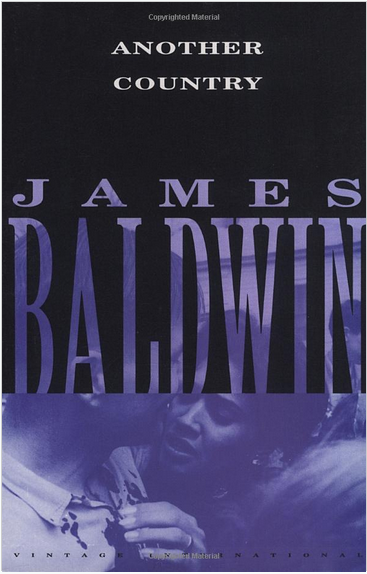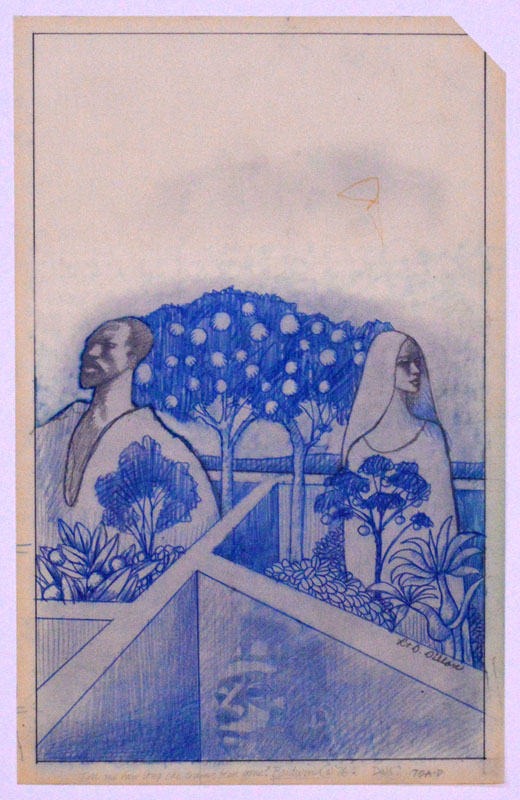
The threat of violence from the police and the fear of violence from white people shapes Leo’s existence. The scenes of Leo’s young life in Harlem show the impact of racism on his family, especially on his father. He was never going to be on it, no matter how much he rose in his art. By the end, it seems to me that it’s a comment on the life of the central character, who works through his life to overcome the racist society he lives in, but finally finds that the success train has left before he ever got to the station. The title phrase does not seem to appear in the text, and when I began I wondered what it’s meaning was. This is a dense and fascinating story, as much a reflection on racism in America as it is the story of a man’s life and illusions. But in this book, he's drowned the storyline in too much meandering introspection, like in an elongated, theatrical monologue. Baldwin had a superior style, no doubt, the social issues he addresses are highly relevant, and the evocation of how a special person (Leo in this case) deals with feelings and situations is intriguing. I must confess that I gave up just before half way (so I won’t rate this). But then the book has already degenerated into a succession of scenes set in the actor's milieu, endless dialogues with no apparent connecting thread, and a Leo who is constantly analyzing himself.

After 100 pages Jerry appears in the story, also white, and clearly gay.

His relationship with (ex)girlfriend Barbara is especially intriguing, until you realize that Leo is an African American (raised in Harlem and scarred by poverty, segregation and discrimination) and Barbara is a privileged white person. But then a series of flashbacks starts that gradually clarify who Leo actually is and what has colored his life until then. For 30 pages, James Baldwin completely captivated me: the description of actor Leo Proudhammer's heart attack, on stage, and what happens immediately after, is haunting.


 0 kommentar(er)
0 kommentar(er)
